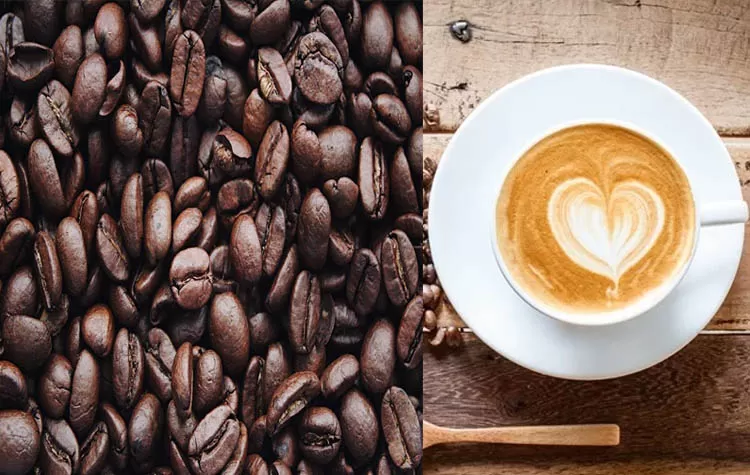
Why Does Coffee Taste Bitter to Some?
Many people perceive coffee as bitter, even when it is not inherently so. German scientists have investigated this phenomenon and discovered that genetic factors play a crucial role in how individuals experience coffee’s bitterness.
Study on Coffee’s Bitter Compounds
The researchers used Coffea arabica beans for experimentation. They roasted, dried, and brewed coffee from these beans. Although it is known that caffeine is bitter, the research study found out that even when caffeine was removed, coffee retained its bitterness, meaning there had to be other bitter compounds present.
Another is mozambicoside, a compound 10 times more bitter than caffeine. It activates the two specific receptors for bitterness in the human body, namely, TAS2R43 and TAS2R46. However, its intensity lessens when the coffee beans are roasted, thereby contributing only minimally to the final bitterness of brewed coffee.
Bitterness Changes During Roasting
Scientists investigated whether roast produces more related bitter compounds called mozambicoside. Indeed, they find that during the roasting stage, mozambicoside degradation occurs into seven different compounds whose amount depends upon the temperature at which the roast is done or the time needed for the same. These have the same activated bitterness receptors though their concentration, after brewing reduces drastically.
Genetics and Sensitivity to the Bitter Flavor
The researchers did a test trial with 11 volunteers to find out how genetics influence the perception of taste. They used coffee containing both mozambicoside and its roasting products. Surprisingly, only 8 out of 11 volunteers felt that the coffee was bitter. Scientists came to the conclusion that this is due to the variation in the TAS2R43 gene responsible for the variation in the bitterness of coffee as perceived by the people.
The chemical composition of the bitterness of coffee is not merely about the aspect of how people perceive taste due to their genes.














